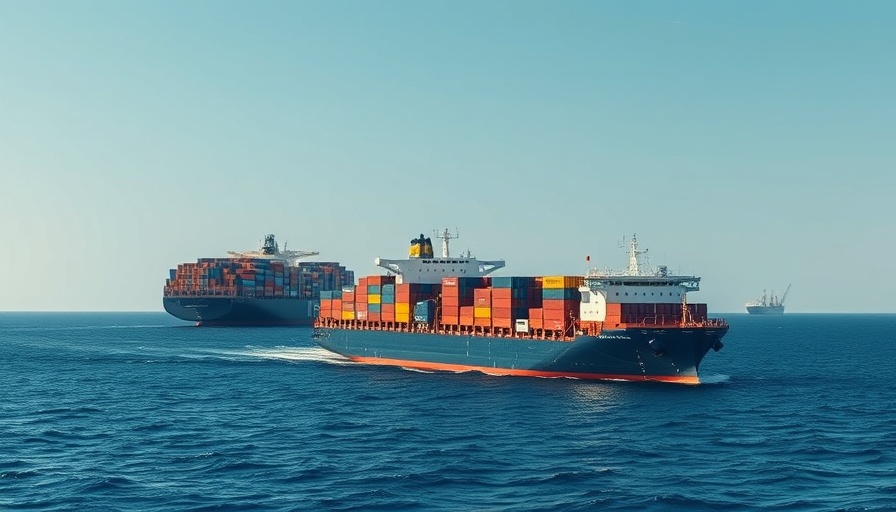
Asia Emerging as a Beacon of Optimism in Geopolitical Landscape
As we step into 2025, the Asian region has positioned itself as a potential epicenter of global dynamics. Recent discussions at the World Economic Forum in Davos reflected this sentiment, where over 70 top executives convened to explore emerging trends in technology, trade, and geopolitics. Notable voices within this discourse include Gautam Kumra and Joe Ngai, senior partners at McKinsey, who shared their insights about the shifting tides affecting the Asian business landscape.
Trade Dynamics in the Face of Geopolitical Tensions
One of the critical topics discussed was the evolution of trade flows within Asia. As the traditional East-West trade routes face disruptions, particularly due to potential U.S. tariff policies, Asian economies are adapting by fostering intra-regional trade. This shift is expected to bolster the resilience of Asian nations amidst global uncertainties. While companies historically focused on exporting to Western nations, the current climate necessitates a re-evaluation of strategies to encompass more Asian-centric trade networks.
The Role of Technology in Reshaping Economic Strategies
Technological advancements, particularly in artificial intelligence, are becoming vital to the region's economic strategies. As companies across Asia observe the rise of generative AI technologies, like China's DeepSeek, business leaders are called to innovate and integrate these technologies into their operations. This integration doesn't just promise efficiency but also opens doors to new market opportunities and enhances competitive advantages, encouraging businesses to rethink their traditional models.
Demographic Challenges: An Opportunity for Reform
Demographics play a significant role in shaping Asia's economic future. Countries like India are witnessing a demographic boom, presenting immense opportunities for market expansion and talent acquisition. However, the challenge remains in harnessing this potential effectively. Businesses must embrace reformative policies and practices to accommodate and leverage these changing demographics, ensuring their adaptability and growth in a competitive global landscape.
Looking Ahead: Predictions for the Future
The insights from Davos suggest a cautious optimism for Asian economies as they navigate these turbulent waters. While uncertainties loom regarding geopolitical relations, the potential for growth remains high. Companies must maintain vigilance about geopolitical developments while capitalizing on intra-regional trade and technological innovations. Leadership in this era will demand not just operational excellence but also agility in adapting to a fast-evolving global landscape.
Final Thoughts: Opportunities Amidst Chaos
As articulated by Joe Ngai during the discussions, opportunities often lie within chaos. For Asian executives, the next few years are pivotal. By leveraging the region's strengths and adapting to geopolitical realities, companies can forge a path marked by resilience and innovation. The ongoing shifts towards technology-driven solutions and reformative strategies could redefine the competitive dynamics in the coming decade.
 Add Row
Add Row  Add
Add 




Write A Comment